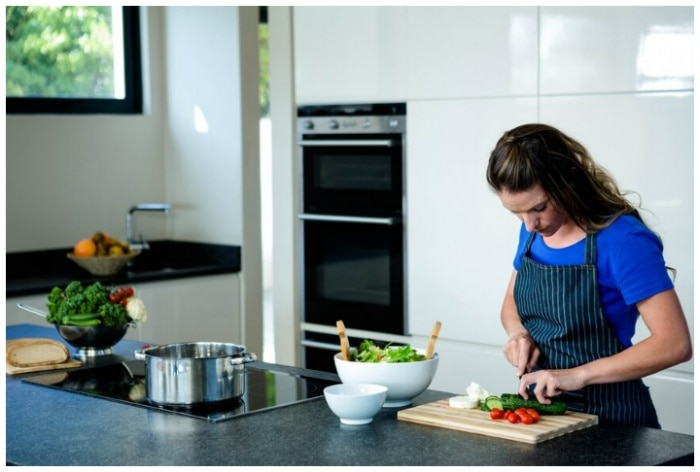Did you know that homemade foods can also be very unhealthy? The latest ICMR guidelines list ways to make home-cooked meals healthier and nutrient-dense.
Cooking at home can be meditative for many people. For some it helps them relax and unwind, while for others it seems like a regular mundane task. But cooking at home has its own benefits and the main one is controlling the nutrients and health properties it may contain. Even when you are on a weight loss regimen, it is recommended to cook your own food or bring home-cooked food to the office. However, there are certain cooking techniques that probably make your food a little unhealthy.
The Indian Council of Medical Research (ICMR) released a 17-chapter guide highlighting the do’s and don’ts of dietary practices that Indians need to keep in mind. First, let’s become aware of what could be some common culinary mistakes.
5 COMMON MISTAKES IN THE KITCHEN TO AVOID
- Overcooked vegetables: Overcooking vegetables can lead to the loss of valuable nutrients, as many vitamins and minerals are sensitive to heat and can be destroyed by prolonged cooking.
- Excessive use of oil or butter: Relying on excessive amounts of oil or butter can significantly increase the calorie and fat content of dishes, leading to weight gain and potential health problems.
- High temperature cooking: Cooking at extremely high temperatures, such as frying or grilling over very high heat, can lead to the formation of harmful compounds such as acrylamides and heterocyclic amines, which have been linked to cancer and other health problems.
- Excessive use of salt: Adding excessive amounts of salt during cooking or to processed foods can contribute to high blood pressure, cardiovascular disease, and other health problems.
- Neglecting food safety: Improper handling, storage, or cooking of food can lead to the growth of harmful bacteria and lead to foodborne illnesses.
What are the ICMR tips for healthy home-cooked eating?
The latest dietary guidelines, the ICMR said, “Even homemade foods can become unhealthy if prepared with high fat, sugar or salt.” “Foods high in fat or sugar cause inflammation and affect the intestinal microbiota, which changes rapidly with diet. This increases the risk of non-communicable diseases. Foods high in salt increase the risk of hypertension and overload the kidneys. Therefore, high salt consumption is unhealthy,” the guidelines add.
By being aware of these common cooking mistakes and adopting healthier practices, you can create delicious, nutritious meals that support your overall well-being. Remember, moderation and a balanced approach to cooking are key to maintaining a healthy lifestyle.
–>
